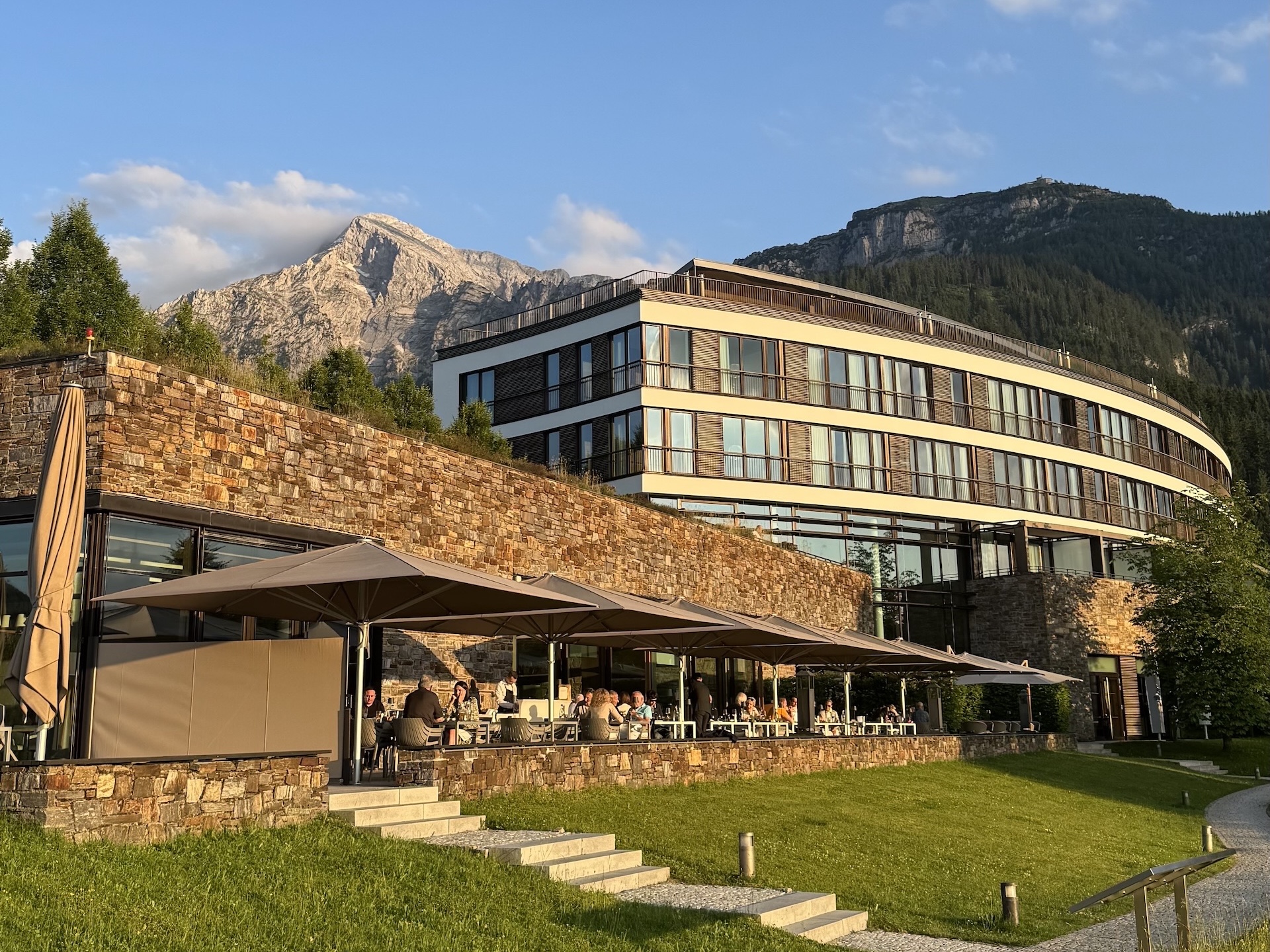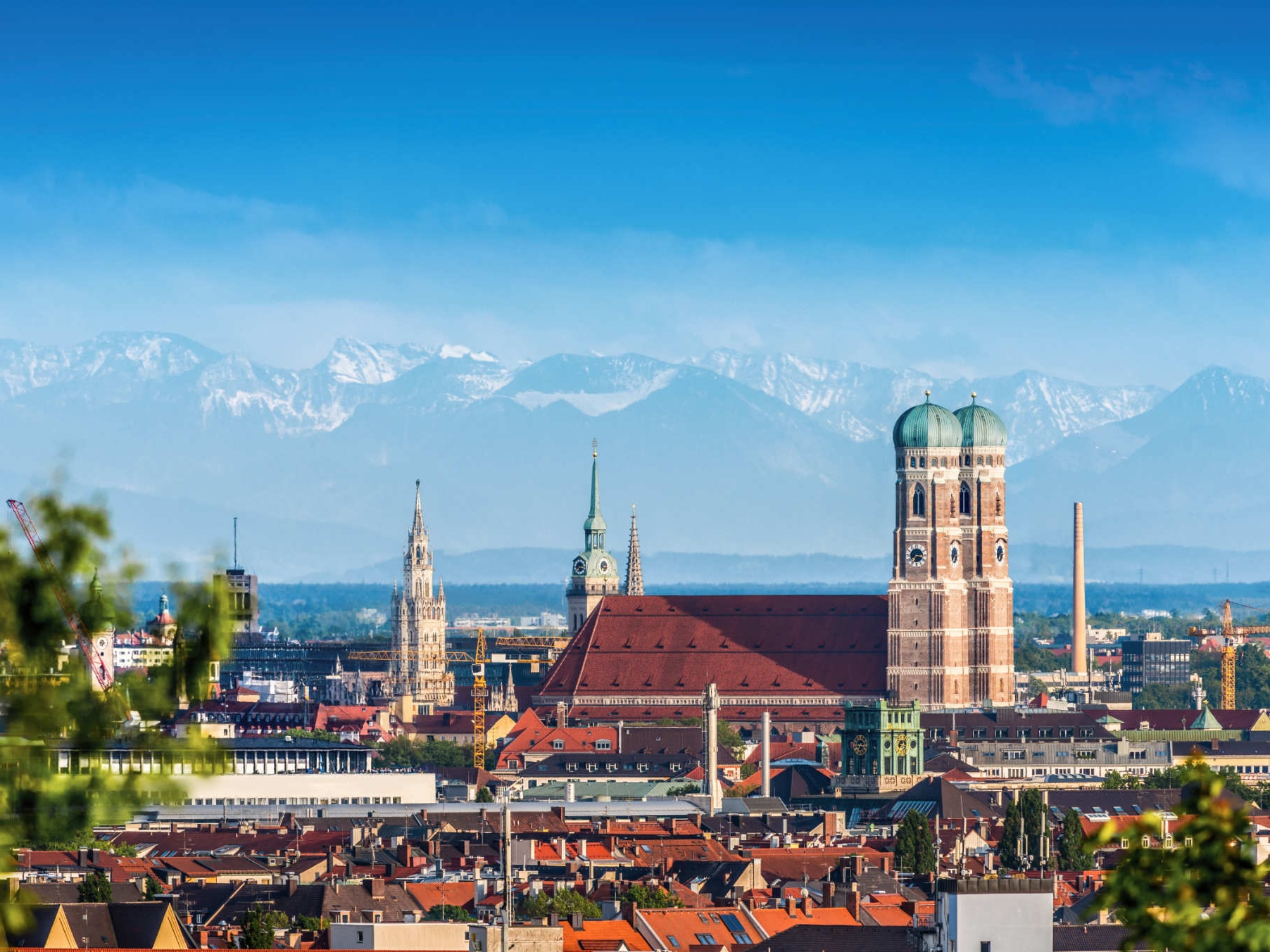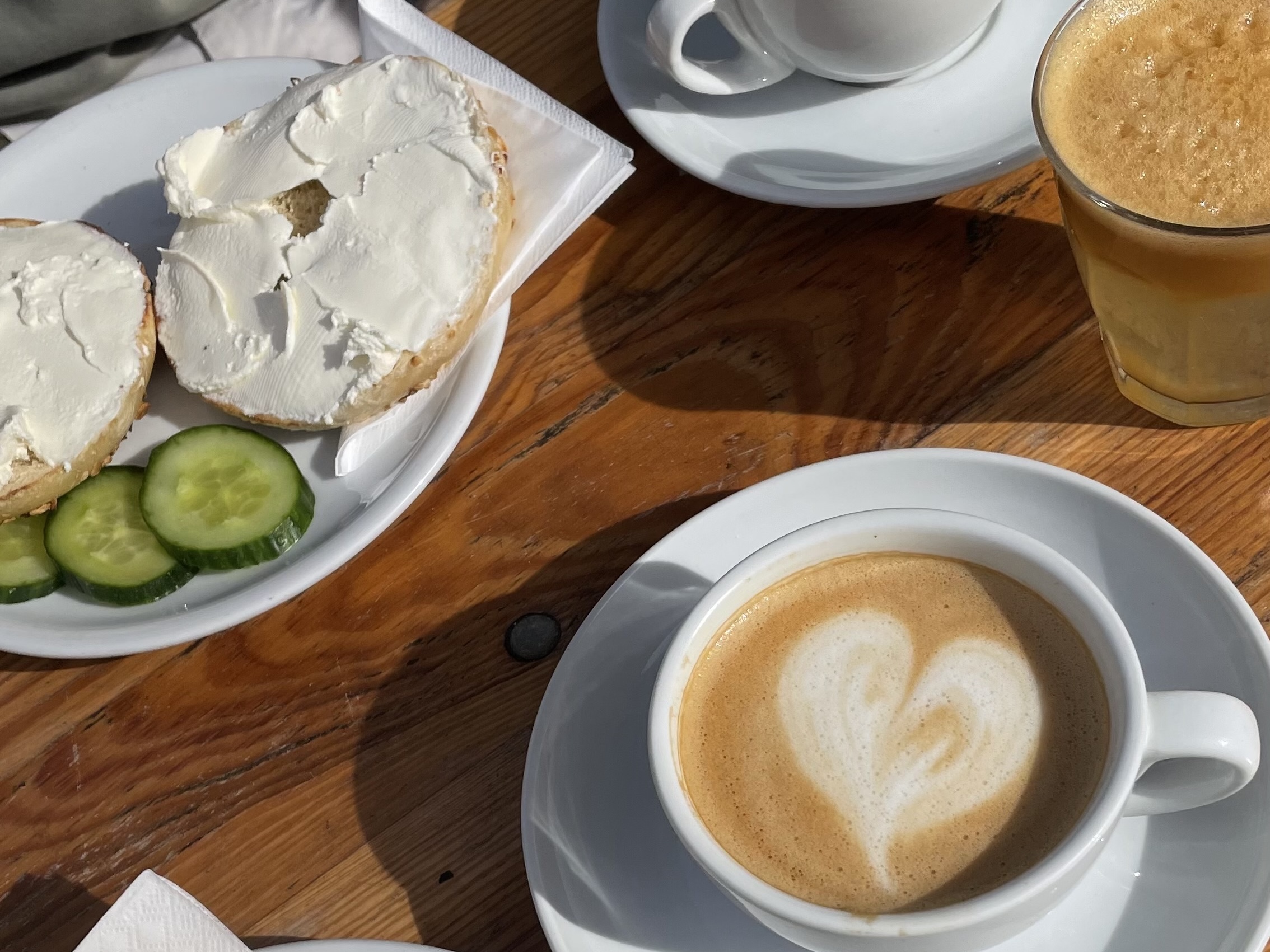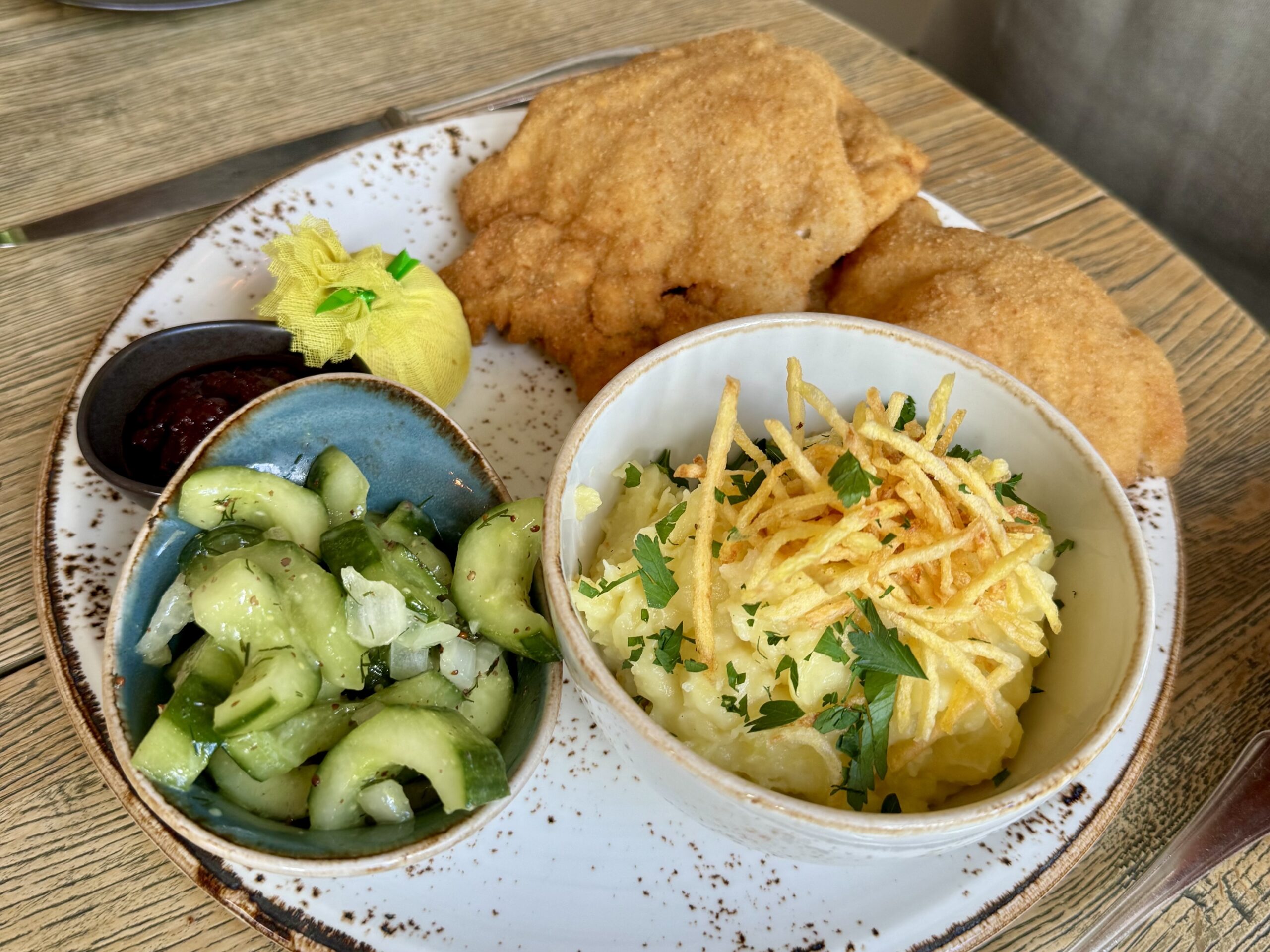Germany Travel Guide: A Local’s Perspective
Welcome to the urbanescapestories Germany travel guide. As Frankfurt locals, we share the places we actually return to-restaurants we love, weekend routes we drive, and the alpine stays we book for friends.

Featured Story:
The Frankfurt Food Guide: Our Favorite Restaurants for Every Occasion
Our complete guide to the best restaurants in our home city for every mood and occasion…

Explore by Region
Frankfurt & Hessen
Welcome to our home base! Frankfurt am Main is a dynamic, international city with a surprisingly rich culture and an even better food scene. In this section, you’ll find our in-depth guides to the city and the charming surrounding state of Hessen, all from a local’s perspective.
Bavaria
Home to fairytale castles, pristine alpine lakes, and the vibrant city of Munich, Bavaria is classic Germany at its most picturesque. This is the land of beer gardens, soaring peaks, and rich traditions. Here are our stories from Germany’s largest and most visited state.

Alpine Luxury with a View: Kempinski Berchtesgaden
Our honest review of a stunning 5-star hotel with the best views of the Bavarian Alps…

A Weekend Guide to Munich
(Coming Soon!) Exploring the beer gardens, museums, and vibrant hear of Bavaria’s capital…

Germany’s Fairytale Castles
(Coming Soon!) A guide to visiting Germany’s most beautiful castles…
Berlin
Germany’s capital is a city unlike any other. A vibrant hub of art, music, and history, Berlin is in constant motion, where gritty street art and Cold War relics meet a modern, multicultural food scene.

A First-Timer’s Guide to Berlin
(Coming Soon!) How to spend 3 perfect days exploring Berlin’s history, art, and neighborhoods…

Berlin’s Best Eats: Beyond Currywurst
(Coming Soon!) Our guide to the capital’s diverse food scene, from street food to must-try restaurants…

A Guide to Berlin’s best Bagels
(Coming Soon!) Our search for the perfect bagel continues in the German capital…
Essential Germany Travel Tips (From a Local)
Germany is an incredibly easy and safe country to travel in, but like anywhere, there are a few local quirks and practical tips that can make your trip even smoother. As Frankfurt locals, here are the essential things we think every first-time visitor should know before they arrive.
Visas & Entry for Non-Europeans
Germany is part of the Schengen Area, which allows for streamlined travel between its member countries. Citizens of many non-European countries (including the USA, Canada, and Australia) can enter the Schengen zone for tourism for up to 90 days within a 180-day period without needing a visa. The German foreign office offers a quick “Visa-Navigator” to check if, and what kind of visa you need.
Important Update: Starting in end-2026, these visitors will be required to obtain an ETIAS (European Travel Information and Authorisation System) travel authorisation before their trip. This is a mandatory online application similar to the US ESTA. We strongly recommend checking the official ETIAS website for the latest requirements before you book your travel. For all other nationalities, please check the specific visa requirements with the German embassy in your country of residence.
Money, Payments & Tipping
While card payments are becoming more common, Germany remains a country where cash is essential. You will often need cash (Bargeld) for bakeries, Christmas market stalls, small local pubs (Kneipen), and some traditional restaurants. Our rule of thumb is to always have at least €50 in cash on you to avoid any issues. There are also a lot of restaurants that either just do card or just do cash.
Tipping (Trinkgeld) is appreciated for good service but is not obligatory as it is in the US. A general guideline is to add 5-10% to the bill. It’s uncommon to tip for self-service, fast food, or take-away. The most common way to tip is to round up the bill directly with your server. For example, if your bill is €46, you can hand them a €50 note and say, “Stimmt so” (“Keep the change”), or if paying by card, say, “Machen Sie 50” (“Make it 50”).
Be aware that some modern card readers, especially in touristy areas, may suggest American-style preset tip amounts (15% or higher). Unlike in the US, German service staff receive a full wage, so a tip is a bonus for good service, not a necessity to make up their salary. Feel free to ignore the presets and tip in the German style.
Navigating with Deutsche Bahn (DB)
Germany’s train system, run by Deutsche Bahn (DB), is one of the best ways to travel between cities, with high-speed rail making many journeys much shorter than driving. For the best prices on long-distance tickets (ICE/IC), book in advance online to get a “Sparpreis” (saver fare). For regional travel, the “Deutschland-Ticket” (€58 per month) is a fantastic deal, but remember it is not valid on the inter city trains (you can navigate through Germany without ICE / IC by using the RE and RB trains – it will take a bit longer through).
While the German rail system has a reputation for punctuality, the reality is that delays and last-minute track changes are common, especially during peak times. We highly recommend using the DB Navigator app to track your train in real-time and always double-check the departure boards at the station before boarding.
Understanding Sundays (Sonntagsruhe)
This is a crucial cultural tip that surprises many first-time visitors. Due to “Sunday Rest” laws (Sonntagsruhe), almost all supermarkets, retail stores, and pharmacies are closed on Sundays. The main exceptions are restaurants, cafes, museums, and small shops located inside major train stations (Hauptbahnhof) and airports.
Staying Connected
We recommend getting a SIM card upon arrival or, for convenience, buying an eSIM online before your trip. Services like Airalo or Holafly are great options. A key benefit is that due to EU law, eSIMs bought for Germany will work everywhere in the EU, so you can use the same plan if you’re traveling to multiple European countries.
Driving on the Autobahn
If you choose to rent a car, you will likely experience the famous Autobahn. While it’s true that many stretches have no federally mandated speed limit, the most important rule is this: the left lane is for passing only. After overtaking a vehicle, you must move back to the right lane as soon as it is safely possible. Lingering in the left lane is a major driving faux pas and can be dangerous.



